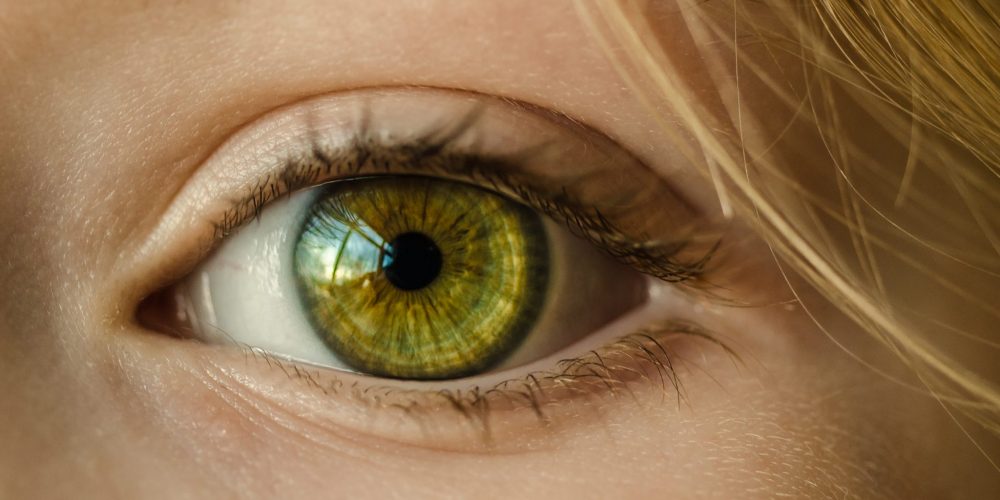What is a Cataract?
Cataracts are a “clouding” or opacification of the eye’s natural lens. When this happens, images may appear blurred and you may experience difficulty seeing at night or performing routine tasks. As the cataract becomes more significant over time, the decrease in vision may affect your quality of life.
Why is Your Vision Changing?
If you are over age 55 and your vision is starting to change, cataracts may be to blame.
Cataract Symptoms
- Cloudy vision
- Dull colors
- Yellowed images
- Glare
- Poor night vision
- Frequent glasses prescription changes
- Double vision (rare)
Cataracts are the leading cause of vision loss in adults over age 55; by age 80, more than half of all Americans have cataracts.
The Solution: QuickVision Advanced Cataract Surgery
David R. Pernelli, MD, performs his QuickVision Advanced Cataract Surgery Technique: a small incision, no stitch, minimally invasive procedure to remove the cloudy eye lens and replace it Cataracts are the leading cause of vision loss in adults over age 55; by age 80, more than half of all Americans have cataracts. with a traditional or a Lifestyle artificial Intraocular Lens (IOL) providing clearer vision and a quicker return to daily activities.
You Decide What Type of Vision You Want After Surgery
Traditional Monofocal IOLs have been used during cataract surgery for many years. This type of lens is designed to provide clear distance vision at a fixed focus. Occasionally patients may enjoy the ability to read without glasses or contacts after having this lens implanted but most patients still require glasses for correction of their near and or their intermediate vision.
Dr. Pernelli also offers patients several advanced lens choices to reduce or eliminate the need for glasses after surgery.
Presbyopia is a term for the eye’s lenses becoming stiffer and less flexible as you age. It’s the reason so many of us need reading glasses after age 40.
Importance of the Cataract Evaluation
Not all cataracts need to be removed and replaced right away. The best way to know if the time is right for you is by scheduling a Cataract Evaluation at the Eye Institute of South Jersey, PC.
What to Expect at the Cataract Evaluation
During your evaluation Dr. Pernelli and his staff will dilate your eyes and perform a variety of non-invasive tests and measurements. Many of the tests will be performed personally by Dr. Pernelli to optimize your surgical outcome if surgery is deemed necessary for you. The tests and examination will determine:
- Your refractive error (nearsightedness, farsightedness, astigmatism, presbyopia)
- Your natural eye lens quality
- Your retinal health (back of the eye)
- Your eye pressure (glaucoma test)
- Your personal measurements for your artificial lens implant (IOL)
Scheduling Cataract Surgery
After the tests and evaluation are performed, Dr. Pernelli will discuss your results and present personalized options for your best possible visual outcome. He will address any fears or concerns that you may have and explain the procedure and different replacement lens options. When cataract surgery is determined to be your best treatment option for clearer vision it will be scheduled with Dr. Pernelli on a day and time that is right for you.

